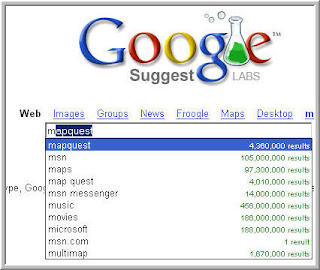Was my blogging experience successful?
If successful means enjoyable, usable & useful for myself & my readers then I'd say yes. Blogging has become a medium to help self-meditate; to explore the different tones & ways I can express myself through text and blogging my ideas in response to a topic.
Will I continue Blogging?
It really depends in the mood that I'm in, but right now...no. I'm busy with studies & preparing myself to enter the workforce next year i.e. attending countless business interviews. But if I do want to provoke thought & put some ideas to paper to share with the world then yes, blogging is a great way of doing just that.
As a reader of other blogs, it's quite difficult to understand the topic the other blog site is going on about & trusting whether what the author says is correct or 'true'. I could probably say the same for my blog site. How do readers know what I'm saying is legit. I could be making it up. The word 'blog' denotes to a researcher, an unreliable source of information. This is not what I want my readers thinking because I have gone to a lot of effort to find legit & backed-up information.
Formatting within blogs is another issue. Blogs allow for a limited amount of formatting which is improving. Obviously there's a lot more you can do if you can get "under the hood" & edit the xhtml code to do things outside of the normal blogging scope.
Waiting for the light to switch on can take some time. Trying to come up with new ideas every day to write about is quite difficult. But this is an issue...why...because this is where bloggers start to go off & write things that are either controversial or are completely untrue. In other words when you don't have ideas you start to make up your own ideas. So I'd prefer not to blog every day but preferably every week or so.
So no, it's not easy to write about something new each day without having to make things up unless you're reporting the news or something very dynamic.
My new perspective on blogging
I use to think blogging was just a bunch of nonsense, similar to posts in Facebook. However after starting this site I've found that blogging takes time...time to research & then to type it in your own unique way or tone. You need to find a good amount of spare time & a bit of motivation to write a couple of good paragraphs. But even then you still need to find evidence or something unique that would make your topic & blog stand out from other posts in other blogs.











